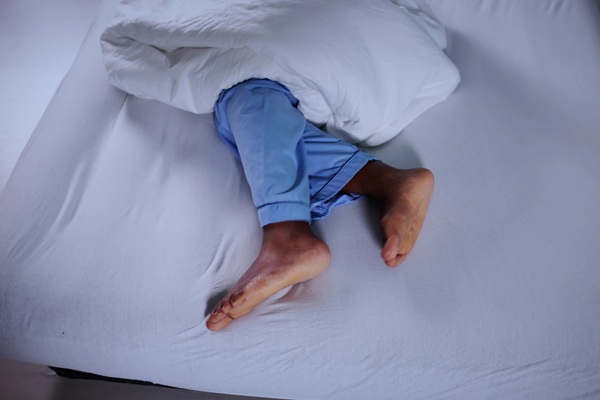Suboxone Treatment for Opioid Addiction

Opioid addiction goes beyond mere behavior; it is cultivated dependency, and suboxone treatment is one of the ways to curb the addiction. Weaning off opioids can prove extremely difficult when the brain changes through persistent usage.
Brain scans of opioid addicts show significant alterations in the brain makeup, particularly in the areas responsible for judgment, behavior, and decision making. It occurs as if the brain circuits have been rewired – the alterations cause compulsive use and cravings, similar to how humans demand food for survival. While suboxone treatment is effective, sadly, opiate use is usually debilitating and damaging, and the urge to use is highly challenging to curb.
The alterations in the brain are not exactly permanent, but patients will not return to their original condition soon after the opioid usage has stopped. Cravings can still happen months or sometimes, years after ceasing usage. Even if the patient has enough willpower to stop using without assistance, the intense urges could come abruptly, causing discomfort and even a relapse. Therefore, opioid dependency or addiction is a permanent condition that requires monitored treatment.
How suboxone treatment can help
To ease the symptoms and break the addiction, the patient may be placed on a drug like suboxone as part of the substance abuse treatment. Suboxone (buprenorphine and naloxone) is a sublingual sheet, meaning patients apply it beneath the tongue. It is effective because the buprenorphine bonds itself to the same receptors as opioids. With that, there are fewer withdrawal symptoms, and the risk of cravings reduces remarkably.
Before now, buprenorphine used to be applied as an intravenous painkiller, which was why there were reservations regarding potential abuse. Naloxone was included to curb abuse – if someone tried to inject it, it would likely trigger withdrawal symptoms. Naloxone is dormant when ingested, and passes through the gastrointestinal system without any issue. However, if injected, it has a counteracting effect on opioids and prompts the undesirable symptoms. It is often employed in emergency rooms to counter opioids if overdose occurs.
Suboxone treatment is highly beneficial for people who are prone to abusing any form of medication, and people with opioid addiction usually have that tendency. It is generally hard for patients with addictive tendencies to begin a drug when they cannot trust themselves not to abuse it, or when their doctor is reluctant to prescribe it for the same reason. Suboxone eliminates that concern.
The medication is a remarkable breakthrough for treating opioid addiction. It takes much of the stress away by removing undesirable side effects for addicts who want to break free. Regardless of how committed a person is to curbing dependency, the brain can take a different dimension, making the journey to recovery extremely difficult and unpleasant.
Talk to your doctor now
With suboxone treatment and adequate help, you can finally attain total freedom from opiate addiction seamlessly and easily. Whether the treatment is for you or a loved one, you can contact an addiction medicine specialist or suboxone doctor for drug addiction counseling and suboxone detox.
Request an appointment here: https://www.hopetmsofny.com or call Hope TMS and Neuropsychiatric Center at (646) 578-8152 for an appointment in our New York office.
Check out what others are saying about our services on Yelp: Read our Yelp reviews.
Recent Posts
Restless leg syndrome can make evenings difficult by creating an urgent need to move the legs when the body tries to rest. Considering symptoms like crawling or pulling often intensify at night, sleep quality can drop, and daytime energy can follow. With the right support, many people can manage their symptoms and get a good…
PTSD syndrome can shape your daily experiences in significant ways, from your emotional balance to your physical health and personal stability. Symptoms of PTSD can become an invisible burden that affects your routine and interpersonal connections. While these symptoms vary from person to person, they can impact every corner of your life without the right…
Adult ADHD therapy supports individuals navigating challenges with focus, time management, and emotional regulation. While attention deficit hyperactivity disorder, or ADHD, is commonly diagnosed in childhood, its symptoms can persist into adulthood, often interfering with careers, relationships, and daily tasks. Professional therapy offers a structured approach to managing these difficulties and building long-term strategies for…
Transcranial magnetic stimulation, also known as TMS treatment, is an innovative and noninvasive therapy for several mental health conditions. By using magnetic fields to stimulate specific areas of the brain, TMS is an effective treatment for cases where traditional methods have provided little to no relief. It is important to know which mental disorders are…


